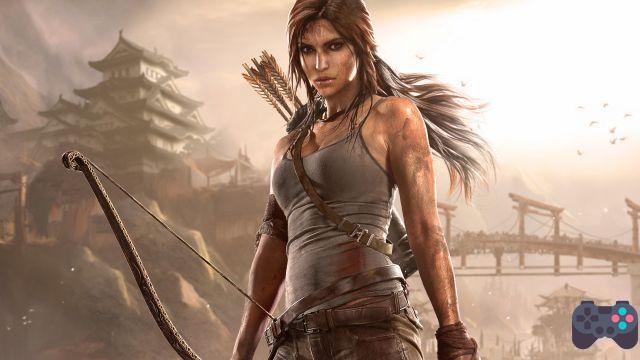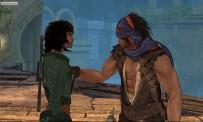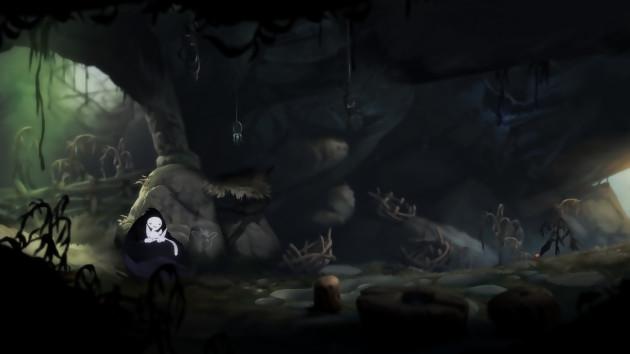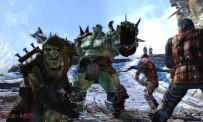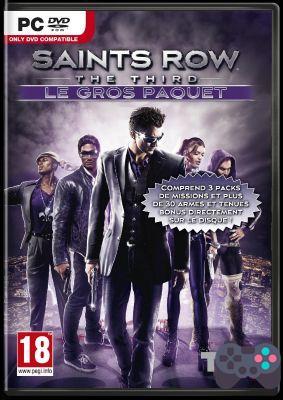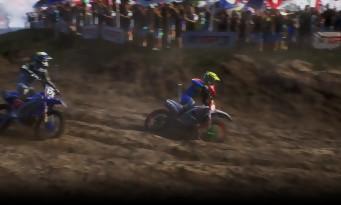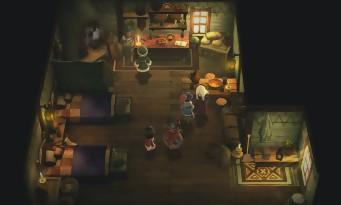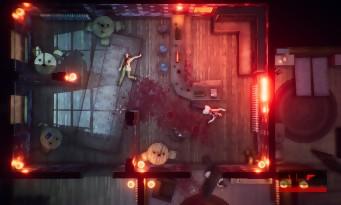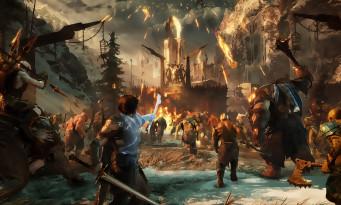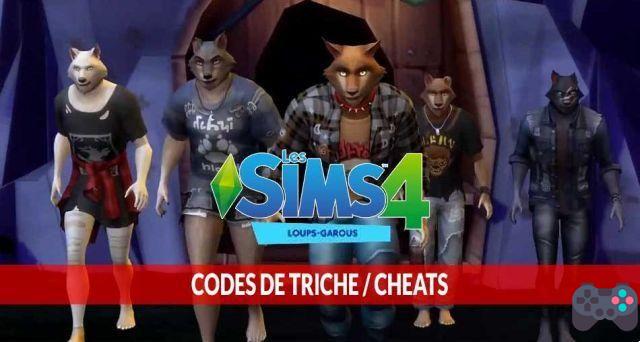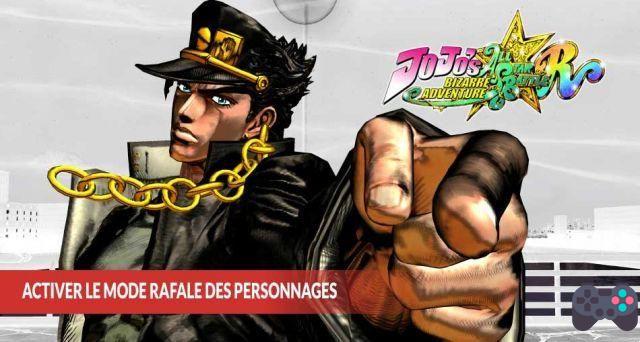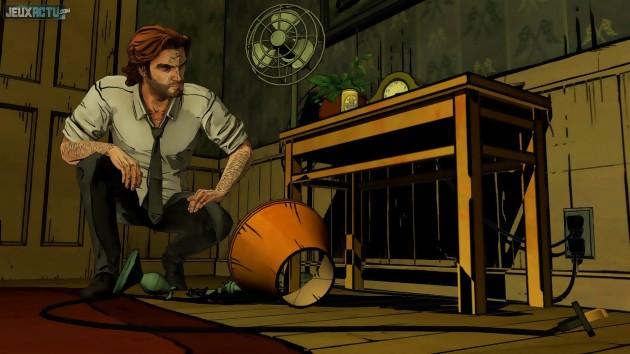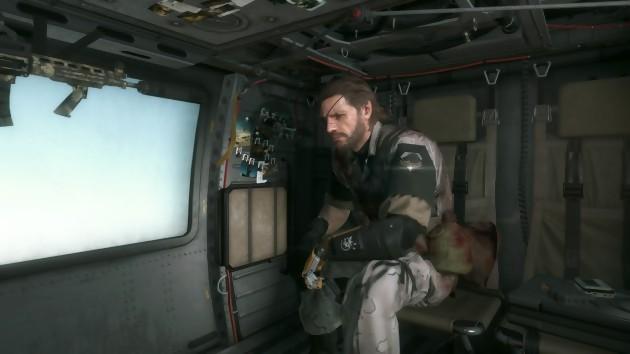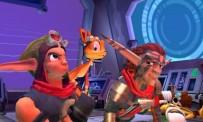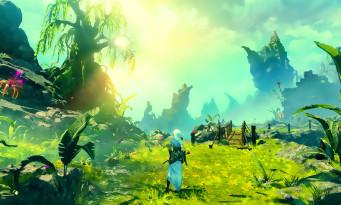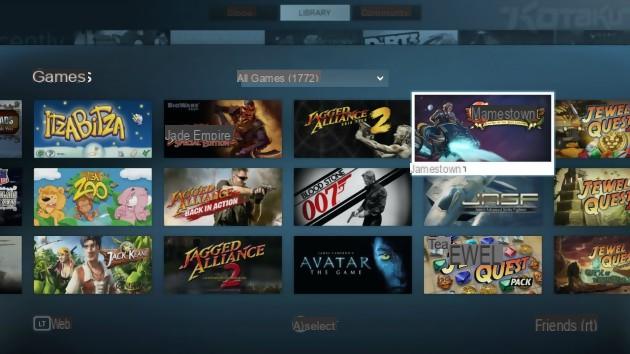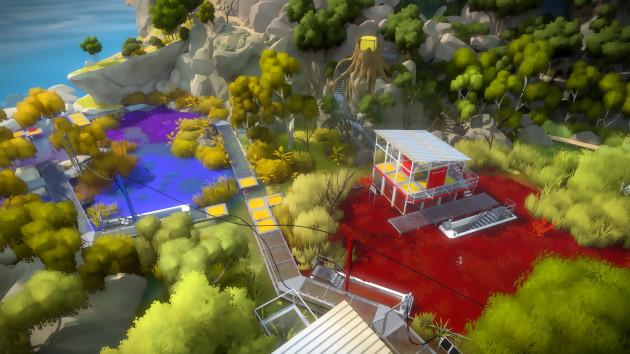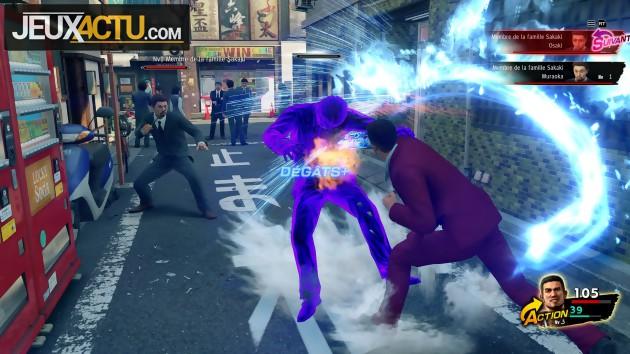
The Yakuza series, which can be roughly defined as a cross between Shenmue and Mafia, is therefore now in its seventh main episode. If Like a Dragon does not have a number in the West, the game is indeed called Ryū ga Gotoku 7 in Japan. It is therefore not a spin-off, despite two major changes. The first concerns the arrival of a brand new main character, since Kazuma Kiryu has officially retired with Yakuza 6. It will now be necessary to reckon with Ichiban Kasuga, a yakuza with a very endearing big heart. His first steps in the series are not easy, since the first chapter of the game takes him directly to prison, where he will spend his best years. Why ? How? 'Or' What ? We would take great pleasure in summarizing his career here, but we prefer to let you discover it all for yourselves. Indeed, this prologue immediately contains some plot twists, and it would be regrettable to spoil these surprise effects. It is obviously about mafia families, and this first chapter already sets the tone for the following ones. There is both absurd humor and real emotional moments. This is one of the great strengths of the game, which manages to elegantly mix almost contradictory ingredients. 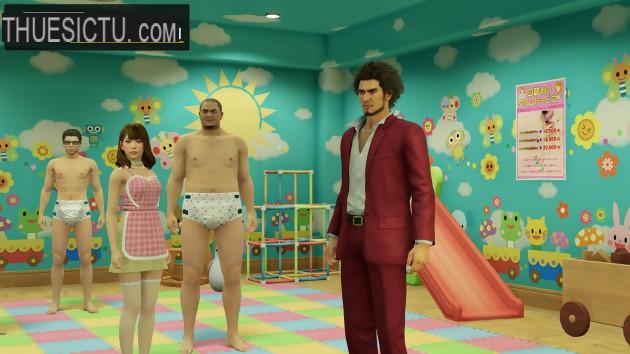
In addition, the adventure does not hesitate to give us control of relatively old "losers", far from the usual clichés of strength and youth. Thus, Ichiban comes out of jail at 42 and finds himself penniless and homeless. He begins by collaborating with another homeless man in his forties, as well as with a former detective, fired from his post two months before retirement without any compensation. Admittedly, four other more "solid" characters can then be recruited into the team (including a charming hostess), but this initial trio greatly helps the scenario, by allowing it to tackle themes that are rarely mentioned in video games (poverty , social downgrading, old age, etc.). Always with this particular tone, sometimes serious, sometimes wacky. In this regard, expect to regularly burst out laughing, the game does not hesitate to multiply the absurd and delusional situations. Whether it's discerning a fisherman from a delinquent urinating in the river, based on their posture when observed from behind, or battling diaper-wearing yakuza, anything is possible!
BEAT THEM ALL!
The fights precisely, let's talk about it! This is the other major evolution of this episode, which abandons the usual "beat 'em up" aspect for a turn-based system. We already see some complaining at the back of the room, but the result is really pleasant. Because if these clashes obviously add a big tactical layer, they nevertheless remain very dynamic, thanks to explosive animations, hard-hitting sound effects, mini QTEs, and an always steady pace. An option of automatic combat resolution is present but, in practice, we generally prefer to keep control over the action. It's more effective, more enjoyable and more rewarding. The different fighters therefore intervene in turn, and when comes that of one of the heroes, the player can essentially choose between five major actions. The basic "Attacks" are enough to defeat the weakest opponents, while "Parry" allows you to protect yourself from the most devastating blows and thus avoid the application of penalties. The "Acolytes" menu is used to call for help from costal allies, like Final Fantasy summons. The "Objects" option allows you to select a saving item, generally food that restores life or drinks that recharge mental points. Finally, these replace the mana of the fantastic universes, and are used to trigger "Abilities" which are not lacking in spice. A few examples taken from the panoply of Nanba, the SDF: "implloring gaze" makes it possible to pity an enemy so that he gives us an object, "putrid breath" reduces the defense of opponents, "raid of pigeons" consists of throwing seeds on a fighter so that he gets attacked by the birds, and "vomit flames" is like playing fire-breathing thanks to the abuse of alcohol (which is not good for your health). Cliché? So wait to see Saeko the hostess kicking her purse, or strike sexy poses to disrupt the opposing camp. It almost borders on politically incorrect, but don't count on us to regret it.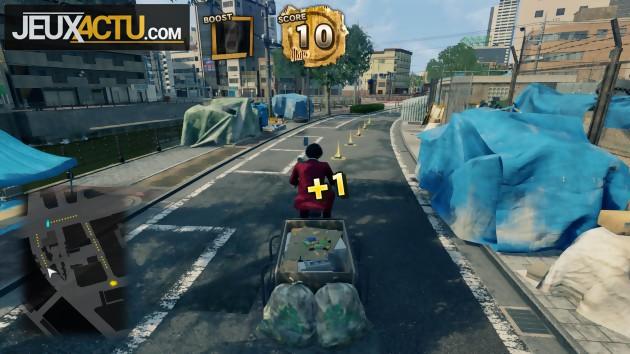
LIKE A DRAGON QUEST
Cleverly enough, the game manages to justify the presence of this turn-based system and four fighters thanks to the "geekness" of Ichiban, who turns out to be a big fan of Dragon Quest. So much so that he is regularly taken by hallucinations during the fights, and that he then sees the adversaries transforming themselves into fighters much more threatening than the basic pedestrians that they are in reality. This is a good way to bring a bit of aesthetic variety into an urban and contemporary universe, necessarily more limited than an imaginary world. In general, the adventure is also very good at integrating "fantasy" role-playing game mechanics into its realistic scenario. For example, Ichiban can develop his personality along six different axes (style, passion, self-confidence, charisma, kindness and intelligence). Each branch increases according to various choices and actions, and then brings particular bonuses. Anyway, we wouldn't trade this Japanese and modern atmosphere for anything in the world. Whether it's the unmissable red light district of Kamurocho or the city of Yokohama, it's a real trip to Japan that is offered to us, whether in terms of architecture, atmosphere or even decoration. 'audio, since the choice is given to us between English or Japanese voices.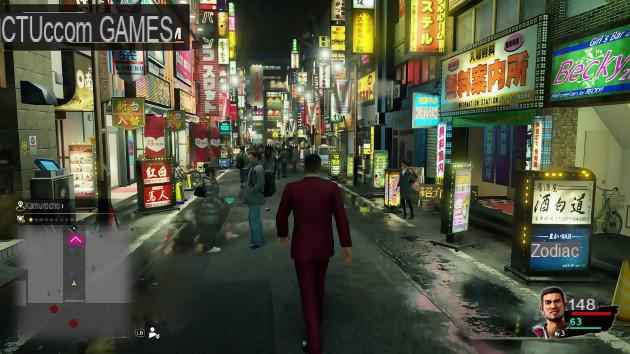
Anyone who has ever set foot in the Land of the Rising Sun will be able to testify to this loyalty, a characteristic of the series that we find perfectly intact here. This seventh episode also takes up the tradition of mini-games and multiple side activities. Slot machines, playable arcade machines, Shogi, Mahjong, go-karting, picking up cans by bike, and many more are on the menu. Special mentions for the international school, which allows you to pass knowledge exams in sports, maths, zoology or even "Sega history", as well as for the neighborhood cinema mini-game, which asks us to fight against sleep by eliminating as quickly as possible "dream sheep" which appear randomly on the seats. Let's end all the same with a few criticisms, just to slightly rebalance the balance sheet (which remains overall very positive anyway, as you will have understood). To begin with, slot machines are not directly accessible in the base game. You have to go through a big download appendix to be able to take advantage of it. If this DLC has the good taste of being free, it was however totally impossible to install it on our PC version. So find out if the responsible is SEGA or the Microsoft Store, but in either case, it's just as frustrating.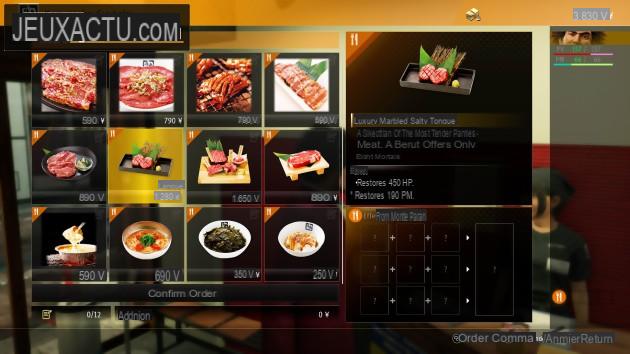
During some fights we can also notice some problems with the placement of heroes and collisions with the elements of the decor. The game also allows itself to display a beautiful collection of invisible walls, whether in the middle of the street, at the entrance to the metro entrances or on certain stairs. Surprising for an adventure that is on the whole rather advanced technically and graphically. The behavior of the pedestrians is also annoying because, during dialogue sequences or cinematic scenes, we see them systematically turn around when approaching the place where our heroes are talking. Once we have noticed this improbability, we only see that! Finally, we can criticize the game for being a little too wordy, some innocuous dialogues tending to drag on unnecessarily. Others, on the other hand, happily serve the atmosphere and the construction of the characters. All this also contributes to a very long lifespan, since it takes between 40 and 80 hours to go around!




